Keywords: China
There are more than 24 results, only the first 24 are displayed here.
Become a subscriber for more search results.
-
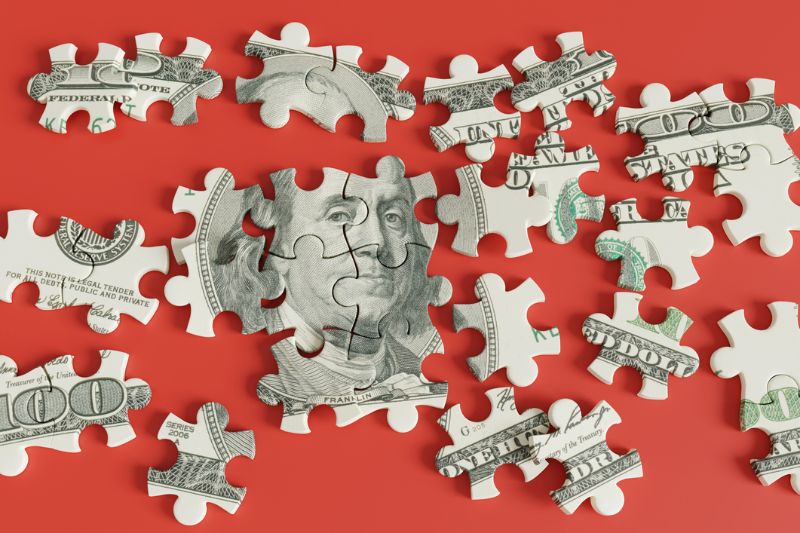
INTERNATIONAL
- Binoy Kampmark
- 07 May 2025
Trump’s tariff-led reshaping of global trade is weakening the US dollar’s long-standing dominance. As central banks diversify away from US assets, what was once called an “exorbitant privilege” is beginning to look more like a burden — one shaped as much by petulant politics as economic mismanagement.
READ MORE
-
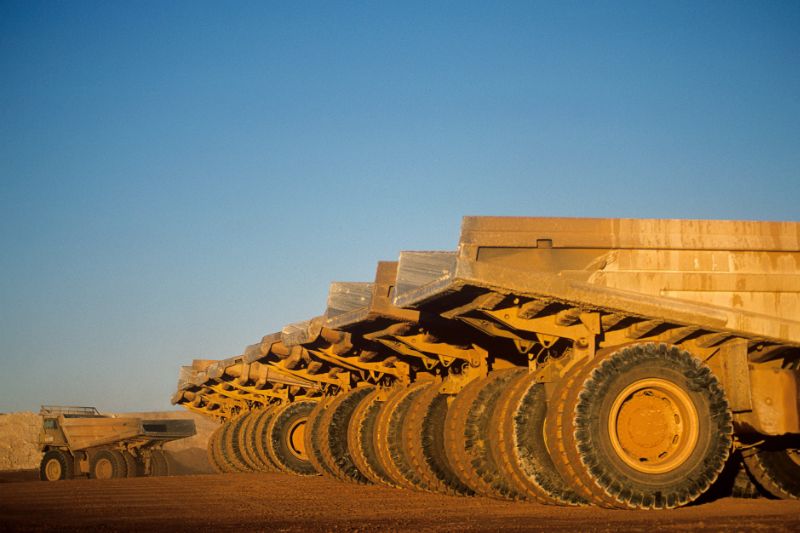
AUSTRALIA
As Donald Trump’s trade war upends decades of global economic orthodoxy, globalisation is quietly folding. Protectionism is back, self-sufficiency is in vogue, and Australia, thanks to its deindustrialised economy, largely escapes the fallout. But in a shifting world of tariffs and deficits, what comes next is anyone’s guess.
READ MORE
-

ARTS AND CULTURE
- Andrew Hamilton
- 02 May 2025
In an era of reflex opinion and vanishing accountability, moral seriousness can seem an anachronism. Yet history teaches that ideas — and the people who defend them — shape lives and nations.
READ MORE 
-
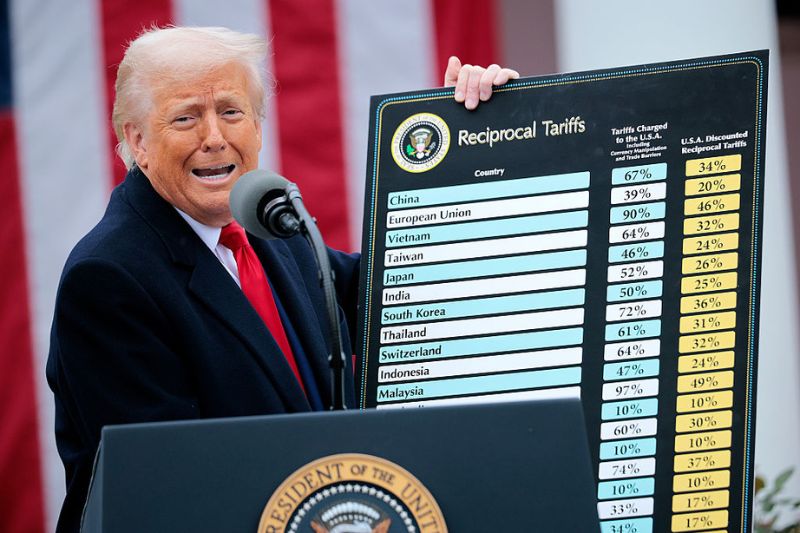
INTERNATIONAL
- Binoy Kampmark
- 08 April 2025
In a move as nostalgic as it is economically incoherent, Donald Trump’s proposed global tariff hike promises to punish the world’s poorest nations while claiming to revive America’s rusted-out industries. But the math is dubious, the logic muddled — and the unintended consequences, as ever, potentially vast.
READ MORE
-

AUSTRALIA
- Andrew Hamilton
- 24 March 2025
With America's reliability in question, Australia is rethinking what security really means. Should it double down on military self-reliance, or reconsider the cost of placing defence above all else? As alliances fray and power shifts, the country faces a deeper reckoning: whom can it trust—and at what price?
READ MORE
-

INTERNATIONAL
- Nirmal Ghosh
- 14 March 2025
Donald Trump’s return to the White House was the culmination of decades of economic decline, political disillusionment, and cultural fracture, forces the liberal elite ignored at their peril. As Trump reshapes America’s role in the world, his rise reveals hard truths about democracy, populism, and power in the 21st century.
READ MORE 
-
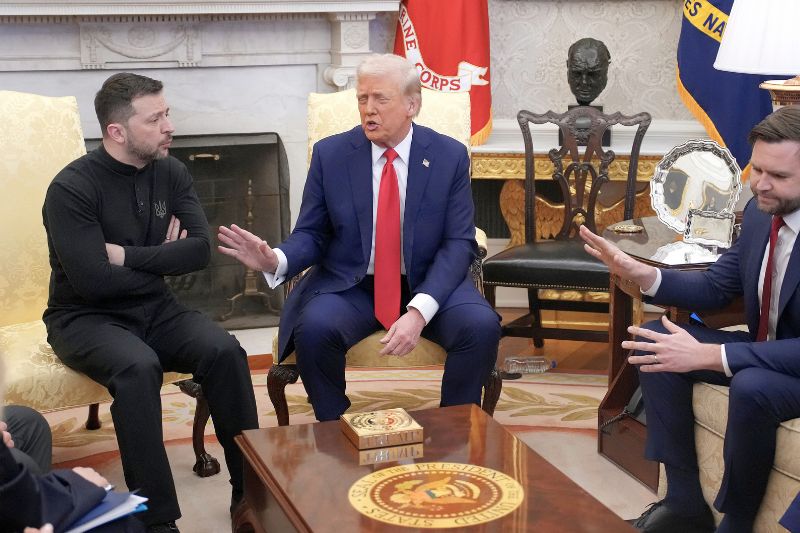
INTERNATIONAL
- Sergey Maidukov Sr.
- 06 March 2025
Thirty years after the US pledged to protect Ukraine’s sovereignty, Zelensky arrived in Washington asking America to honour its promise. What he found was a White House willing to humiliate him because the cost of keeping its word has become too high.
READ MORE
-

INTERNATIONAL
- Gillian Bouras
- 27 February 2025
Europe faces a moment of strategic recalibration as shifting U.S. priorities put transatlantic ties under strain, raising concerns about Europe’s defence standing. With war on its borders and internal divisions mounting, the European Union must rethink its role in an increasingly uncertain world.
READ MORE
-
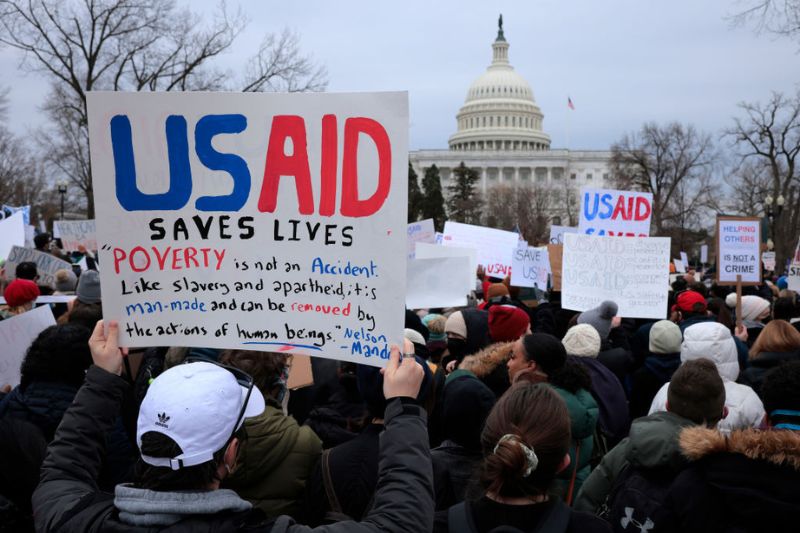
INTERNATIONAL
- Cameron Hill
- 26 February 2025
With cuts to USAID, international aid programs confront mounting challenges. Amid evolving power dynamics and strategic realignment, humanitarian assistance now faces fundamental questions about its future.
READ MORE
-
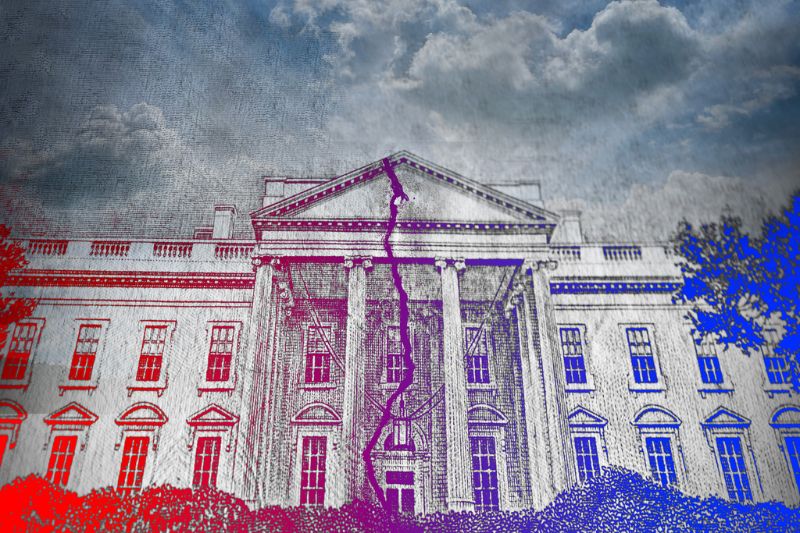
INTERNATIONAL
- David James
- 26 February 2025
With China and Russia asserting influence, alliances shifting, and economic nationalism rising, the unipolar era may be over. Is the U.S. retreating, recalibrating, or losing control? For decades, America dictated the global order. Now, the world is learning to move without it.
READ MORE
-
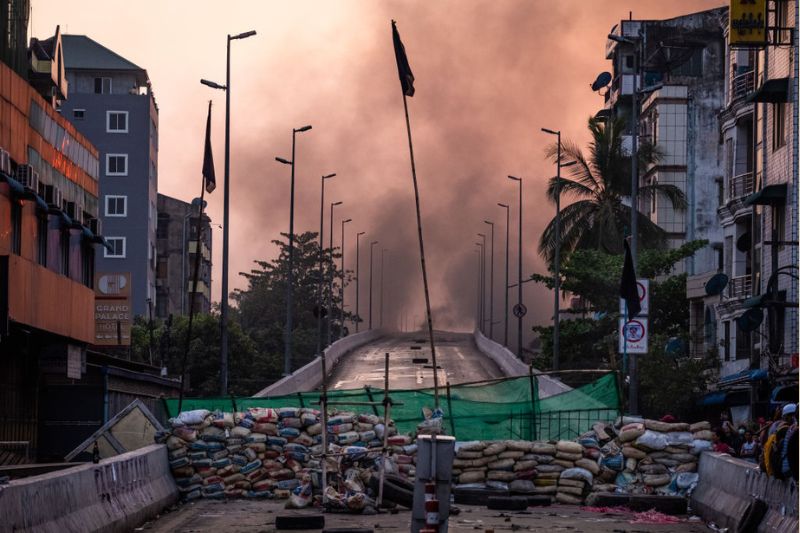
INTERNATIONAL
- Anonymous
- 20 February 2025
Myanmar’s military-led turmoil drives millions from their homes, bombs local communities, and keeps democracy icon Aung San Suu Kyi behind bars. Once a nation of proud heritage and abundant resources, it now teeters on social and economic collapse. Our deep dive examines an enduring crisis and the determination powering an urgent call for change.
READ MORE
-

INTERNATIONAL
- Stephen Minas
- 10 February 2025
The launch of DeepSeek's new AI model has upended conventional wisdom about who controls the future of artificial intelligence. With its open-source nature and unprecedented affordability, it may offer the Global South a rare opportunity to become creators and beneficiaries of AI innovation.
READ MORE